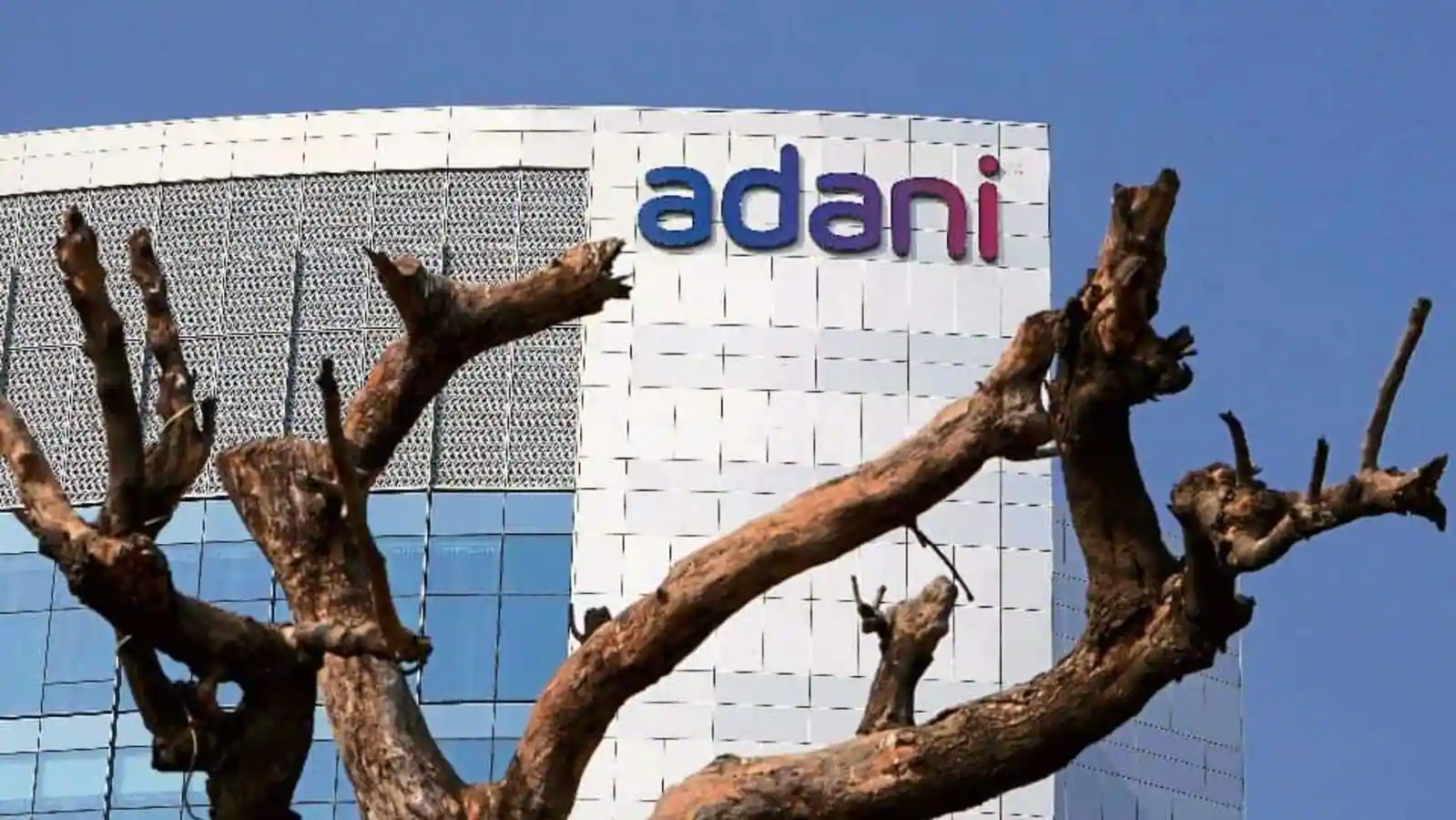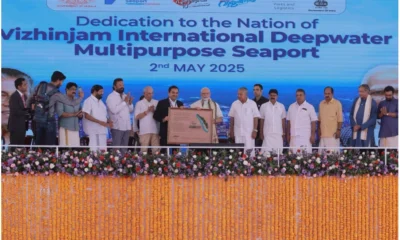Latest business news
Adani-Hindenburg row: PIL in Supreme Court seeks action against US short-seller for defrauding investors
A Public Interest Litigation (PIL) was filed, Friday, in the Supreme Court seeking probe against US-based short seller Hindenburg Research whose scathing report led to rout in Adani Group shares since last week.

India News
Union Budget 2026 highlights: Nirmala Sitharaman Raises Capex to Rs 12.2 Lakh Cr, West Bengal Gets Major Allocation
Finance Minister Nirmala Sitharaman is presenting the Union Budget 2026 in Parliament today. Follow this space for live updates, key announcements, and policy insights.
India News
Union budget 2026 to be presented on Sunday with special trading session
The Union Budget 2026 will be presented on a Sunday for the first time in over two decades, with NSE and BSE announcing special trading sessions for the day.
India News
Modi says right time to invest in Indian shipping sector; meets global CEOs
-

 Latest world news11 hours ago
Latest world news11 hours agoPM Modi reaffirms support for Israel, recalls 26/11 victims in Knesset address
-

 Latest world news10 hours ago
Latest world news10 hours agoCanada softens stance on alleged Indian interference ahead of PM Carney’s India visit
-

 India News10 hours ago
India News10 hours agoPM Modi crosses 100 million followers on Instagram, first world leader to achieve milestone
-

 Latest world news10 hours ago
Latest world news10 hours agoPM Modi and Netanyahu pledge deeper defence, trade ties during Israel visit
-

 India News10 hours ago
India News10 hours agoOver 5,000 tribals join BJP in Assam’s Goalpara ahead of elections
















